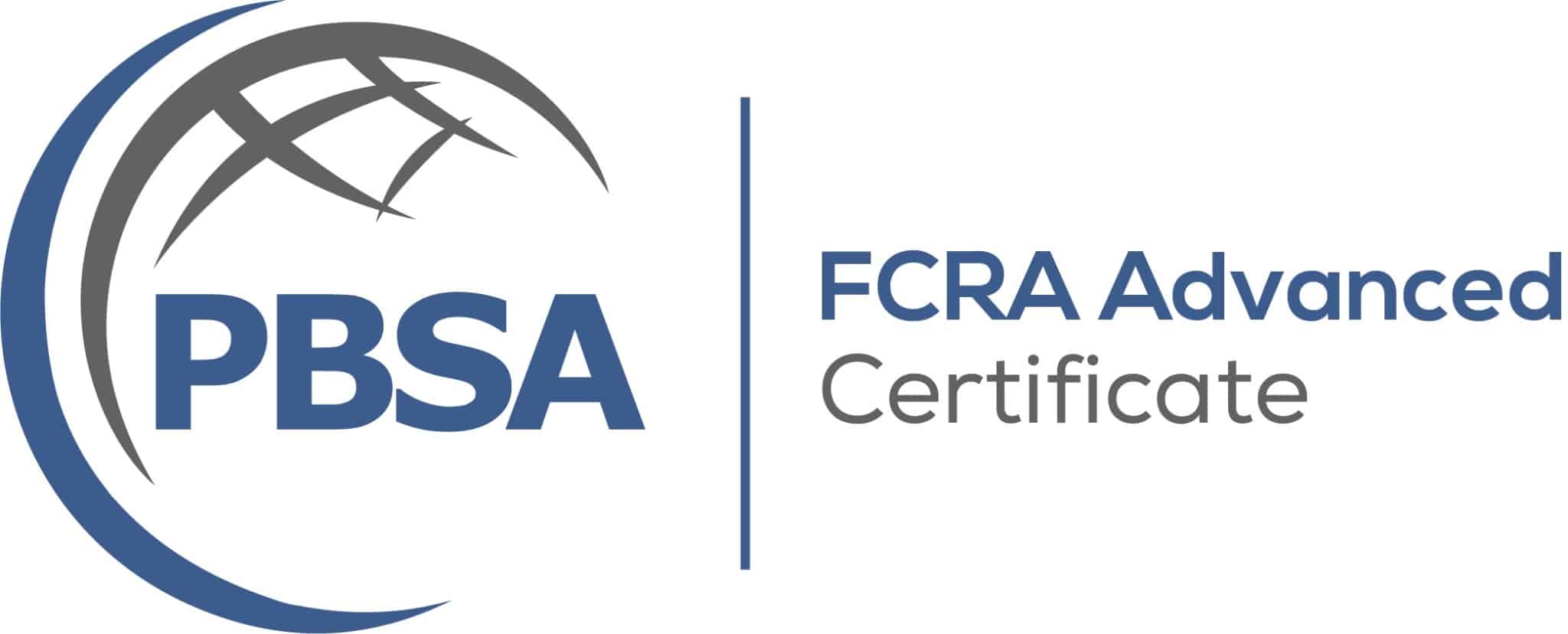
DDPA (Drivers Privacy Protection Act)
Compliance note
- Employers and background screening providers may access motor vehicle records only if they have a permissible purpose under the DPPA.
- Written consent from the individual is required when accessing driver information for employment-related purposes.
- Unauthorized access, use, or disclosure of driver information may result in civil penalties and criminal liability.
- The DPPA works in conjunction with the Fair Credit Reporting Act (FCRA) to protect privacy in employment screening.
Related Terms and Posts
- Permissible Purpose
- Consumer Report
- Disclosure and Authorization
- Background Check
- Guide to North Carolina MVR and Driving Record Checks (Blog)
- Background Checks in 2025: What Employers Need to Know (Blog)
- Beyond the Magic Database: What Hiring Managers Must Know About Background Check Limits and Realities (Blog)
Frequently Asked Questions
A: The DPPA protects driver information collected by state Departments of Motor Vehicles (DMVs) from being disclosed or misused without consent or a legally defined permissible purpose.
A: Employers may access motor vehicle records for employment purposes, such as verifying driving history, only with the applicant’s written consent and a valid permissible purpose.
A: Unauthorized access, use, or distribution of driver data can lead to civil fines, criminal penalties, and lawsuits under federal law.
DISCLAIMER: The information provided in this glossary is for general informational purposes only and should not be construed as legal advice. While we strive for accuracy, EDIFY Background Screening does not guarantee that the definitions or explanations are complete, up to date, or error-free. Employers should always consult with competent legal counsel to ensure compliance with applicable laws and regulations.
Stay Updated with EDIFY Insights Newsletter
Get compliance tips, background screening updates, and HR best practices delivered straight to your inbox.





